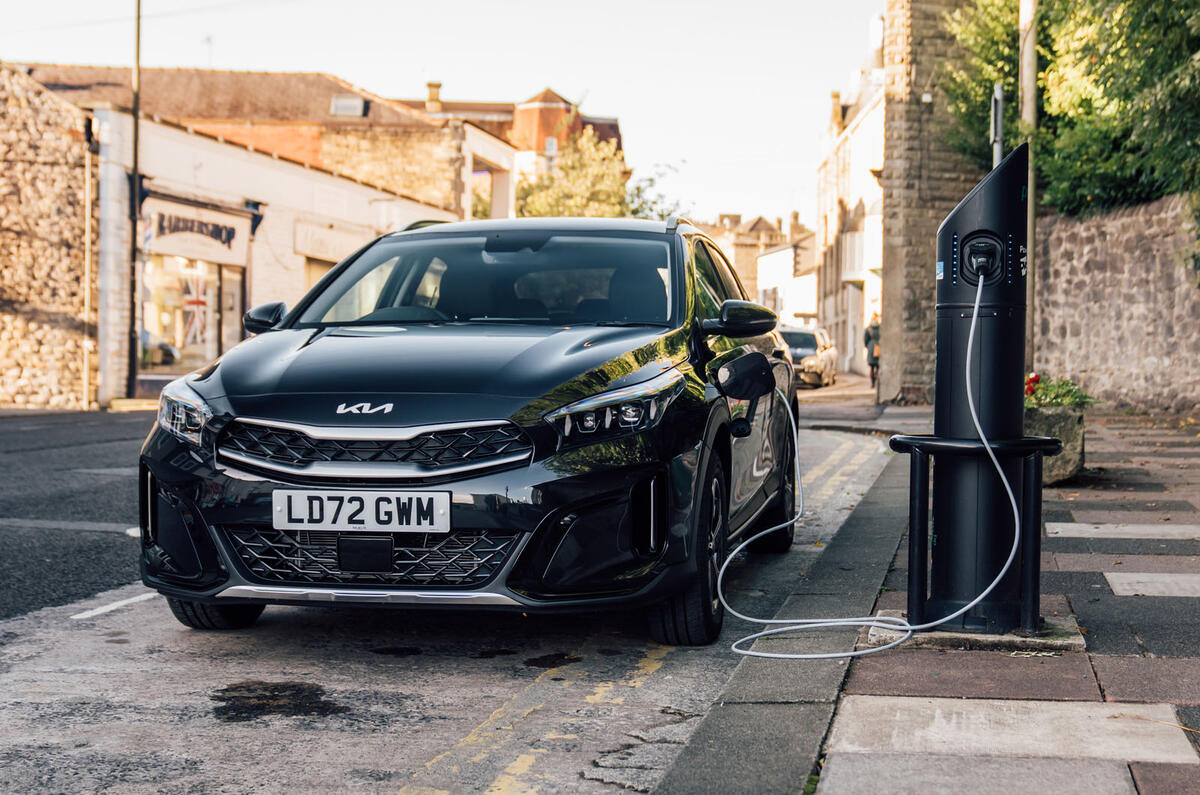The UK government has indicated it is getting cold feet about allowing plug-in hybrids – and, by extension, regular hybrids – to remain on sale in the country beyond 2030 after publishing evidence showing their CO2 output is much higher than initially claimed.
Manufacturers had hoped that certain hybrids would be allowed to remain on sale for five years after the ban on petrol- and diesel-engined cars is due in 2030.




Add your comment